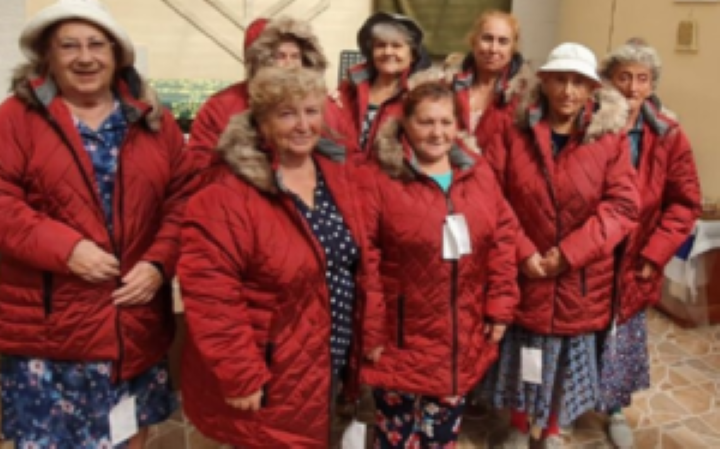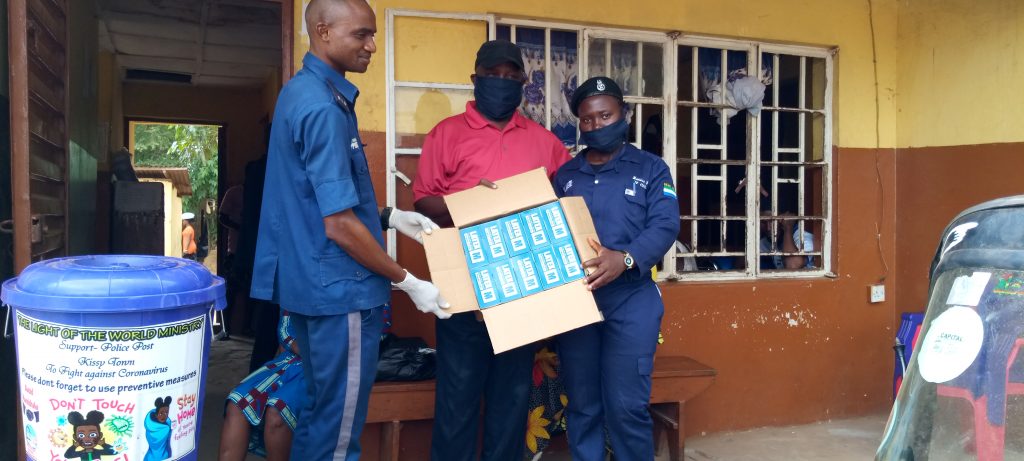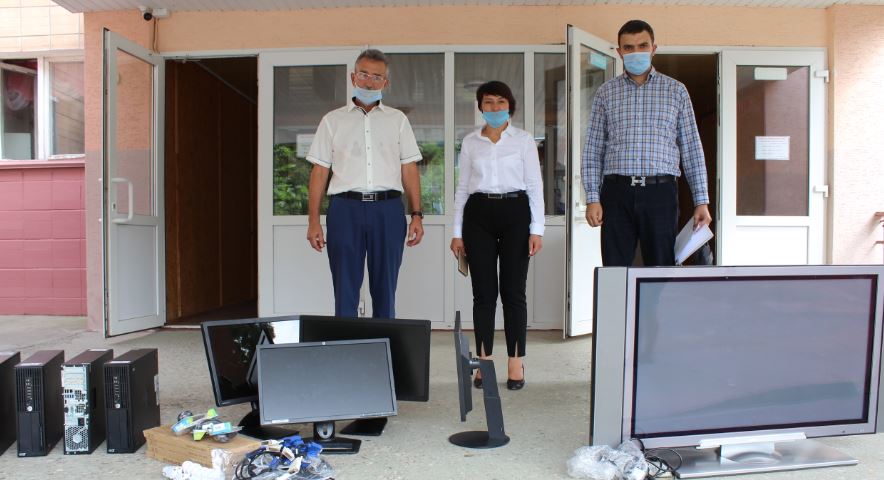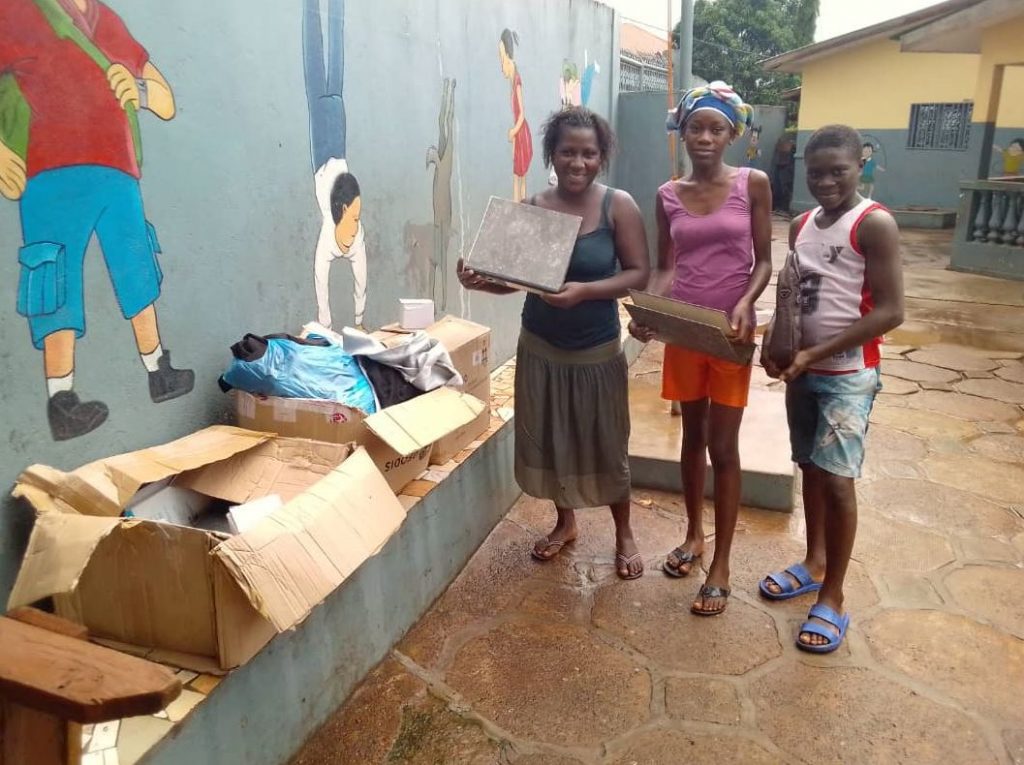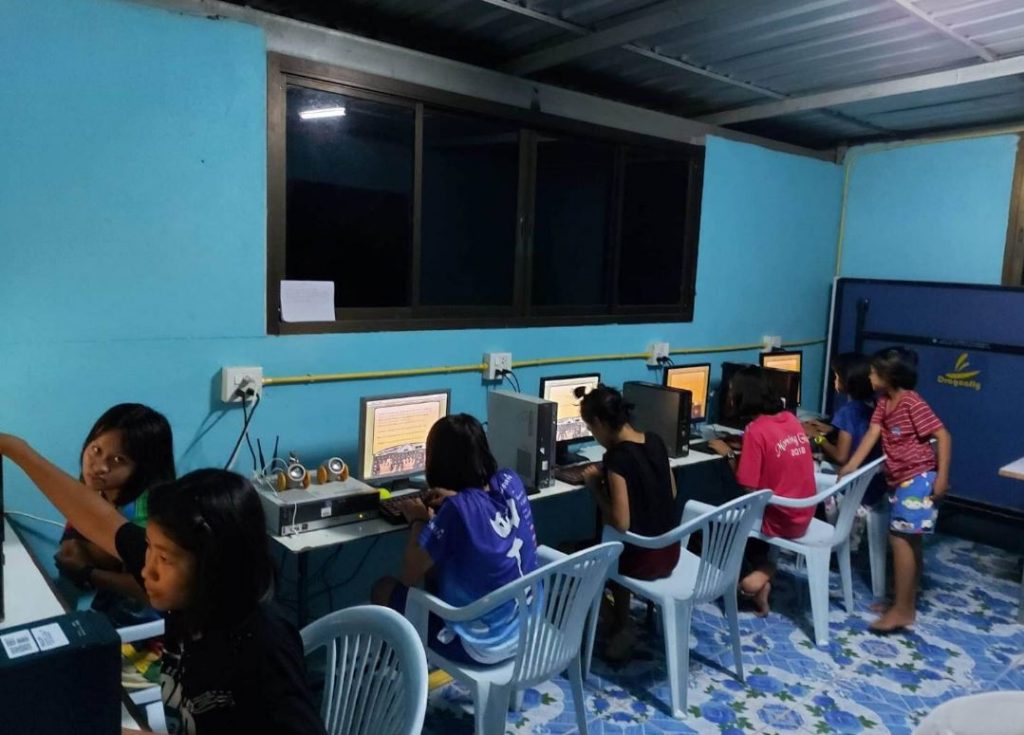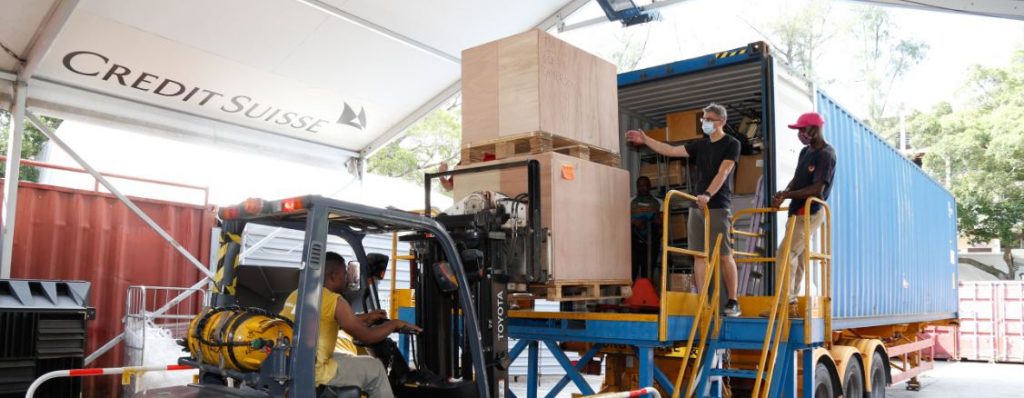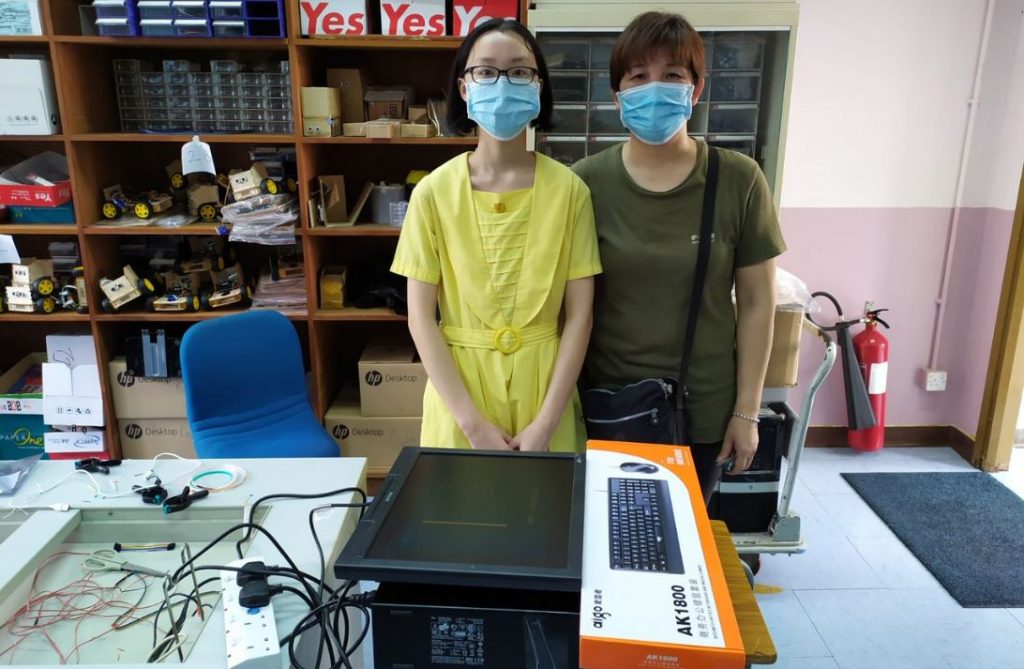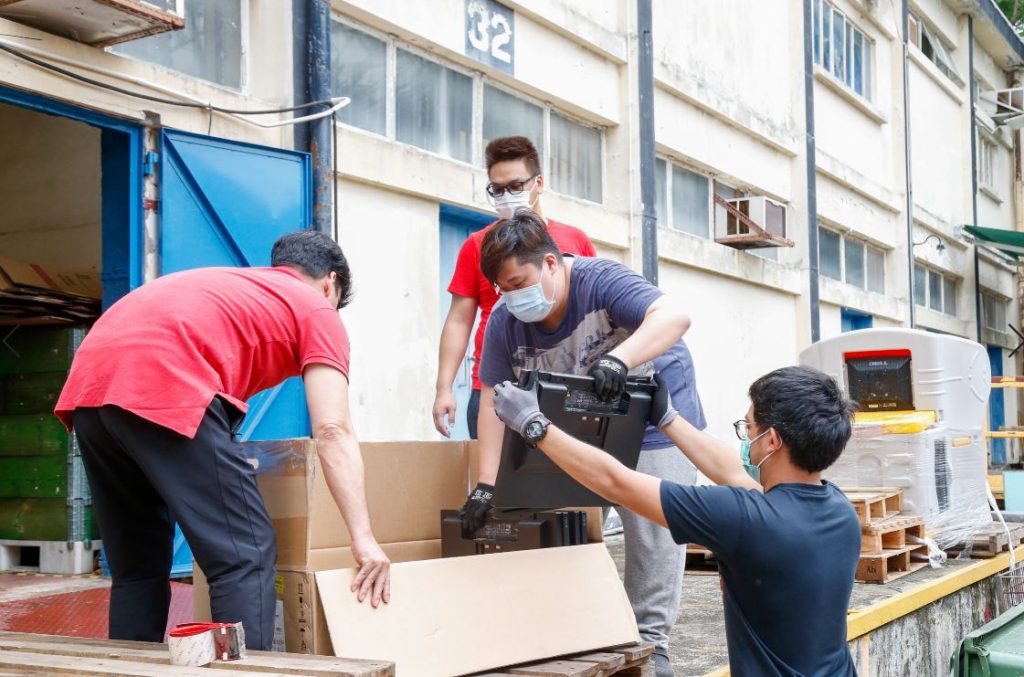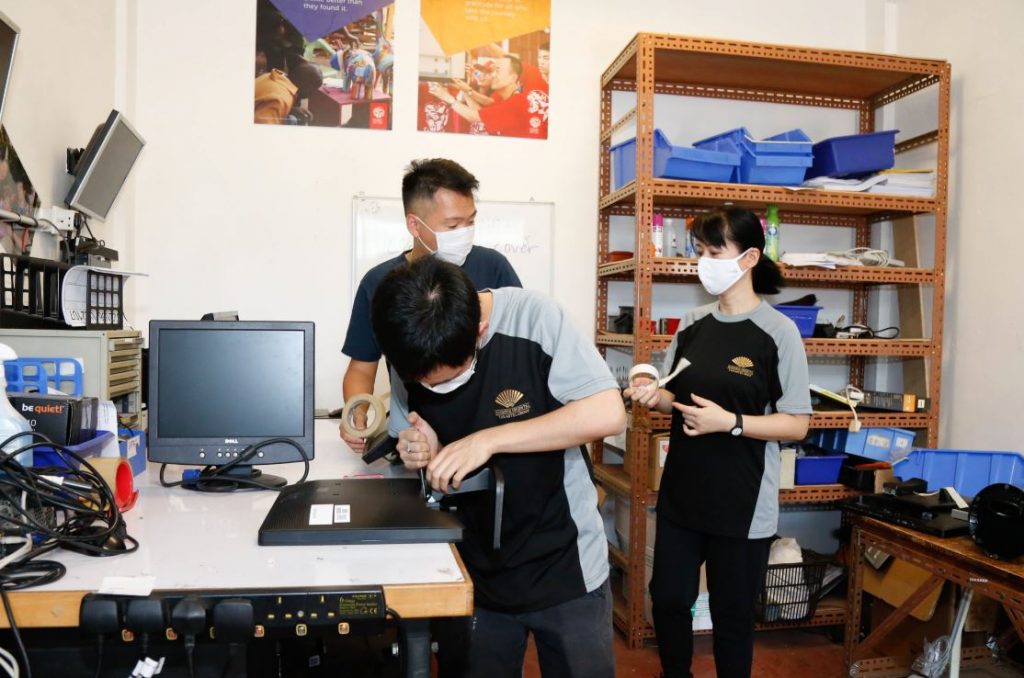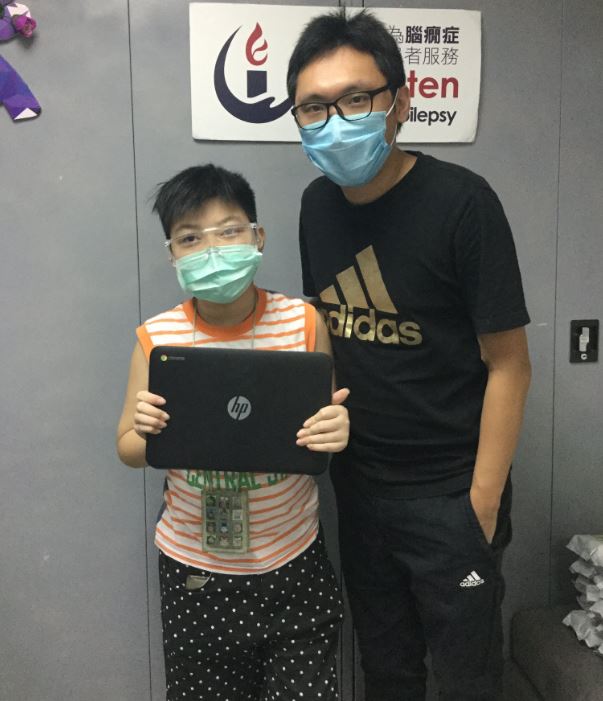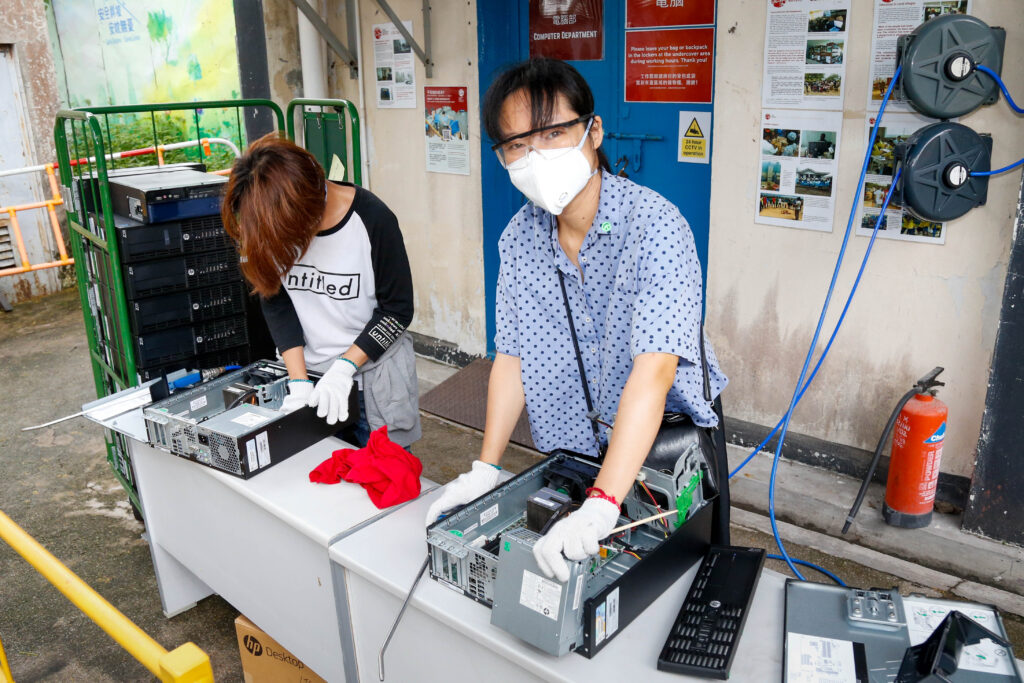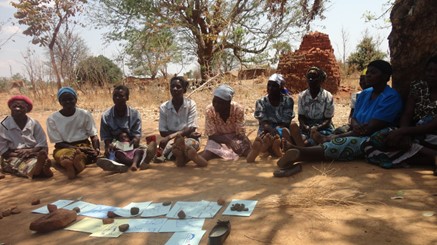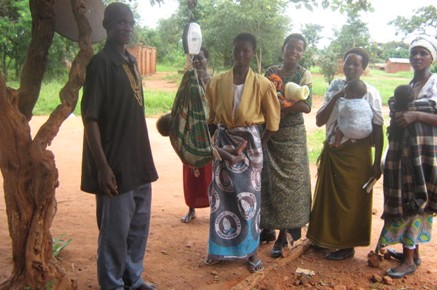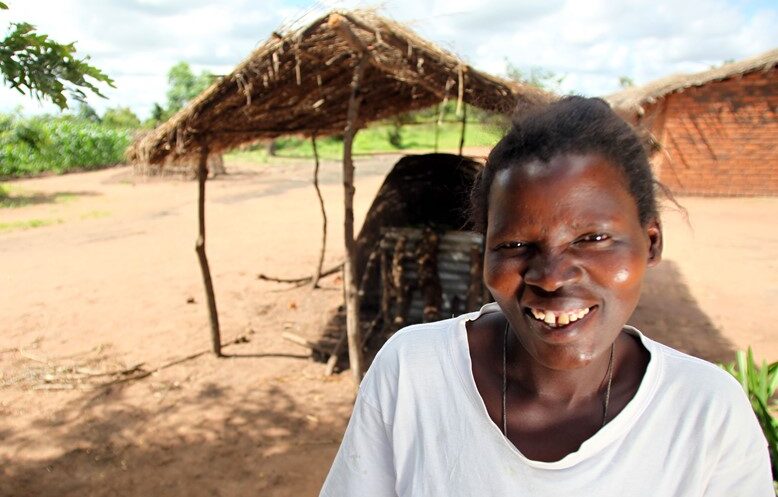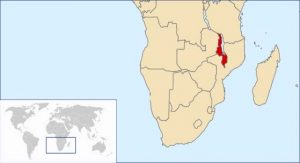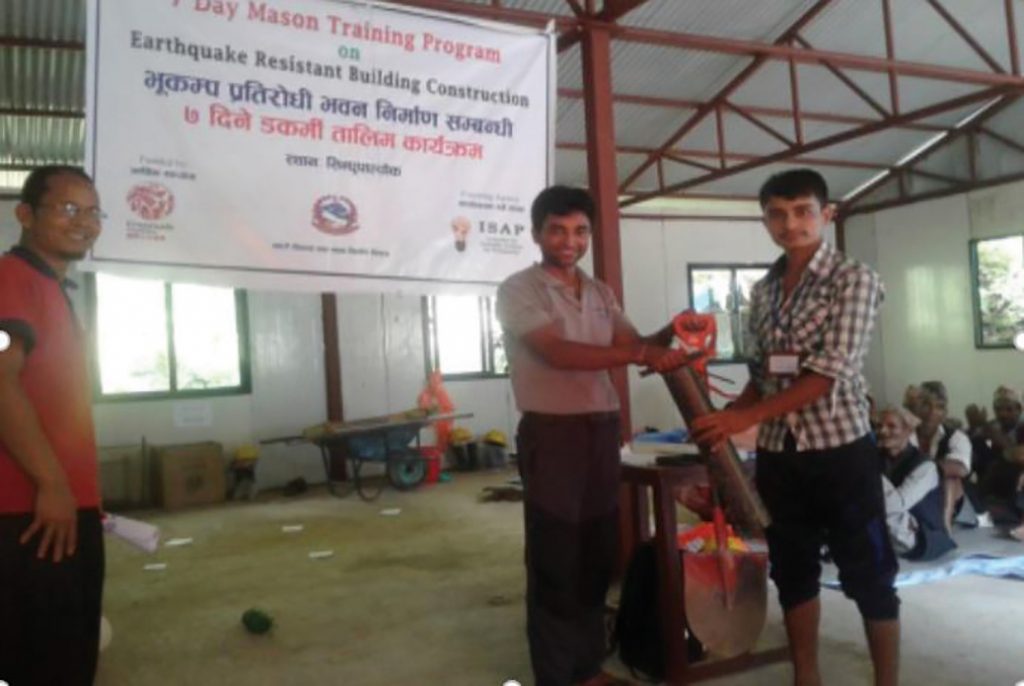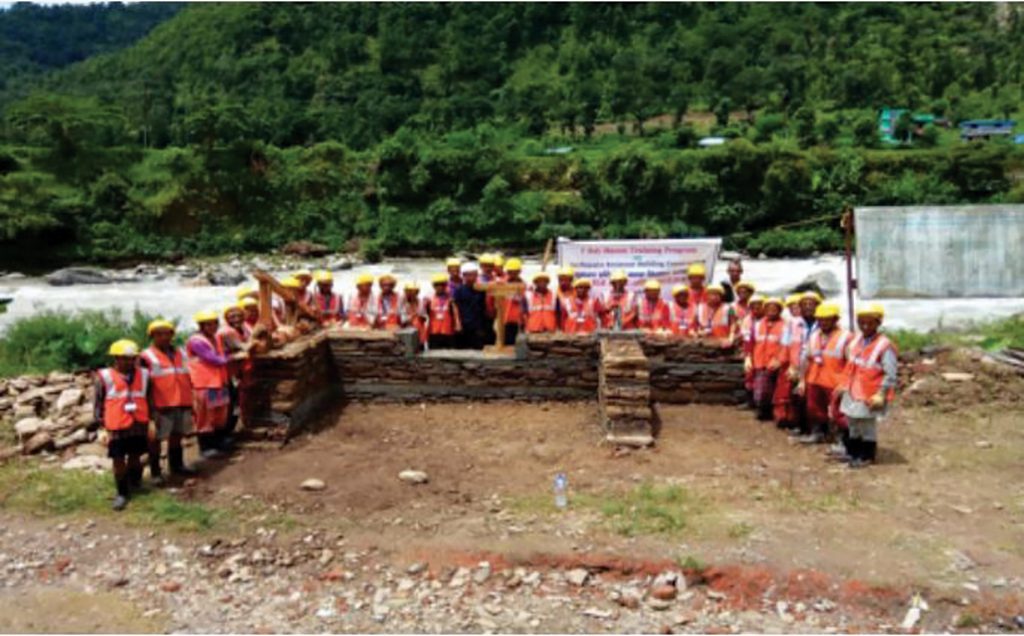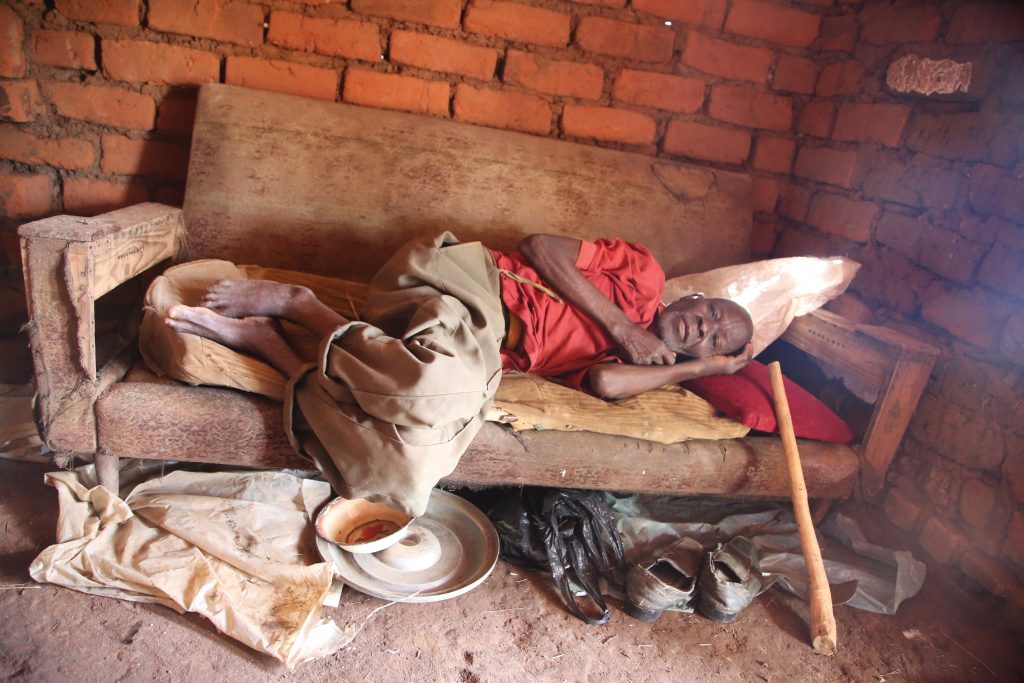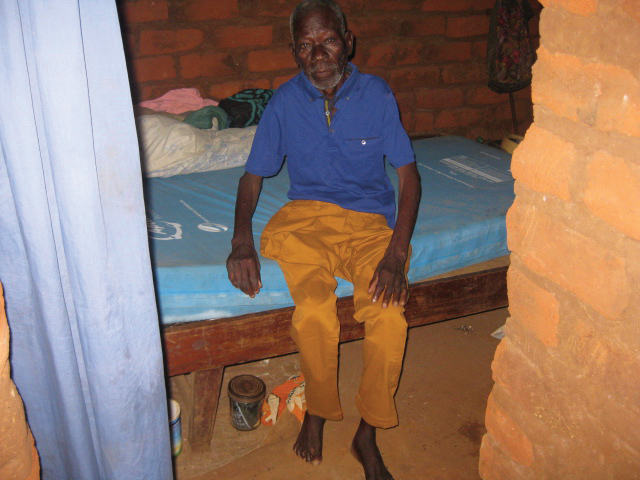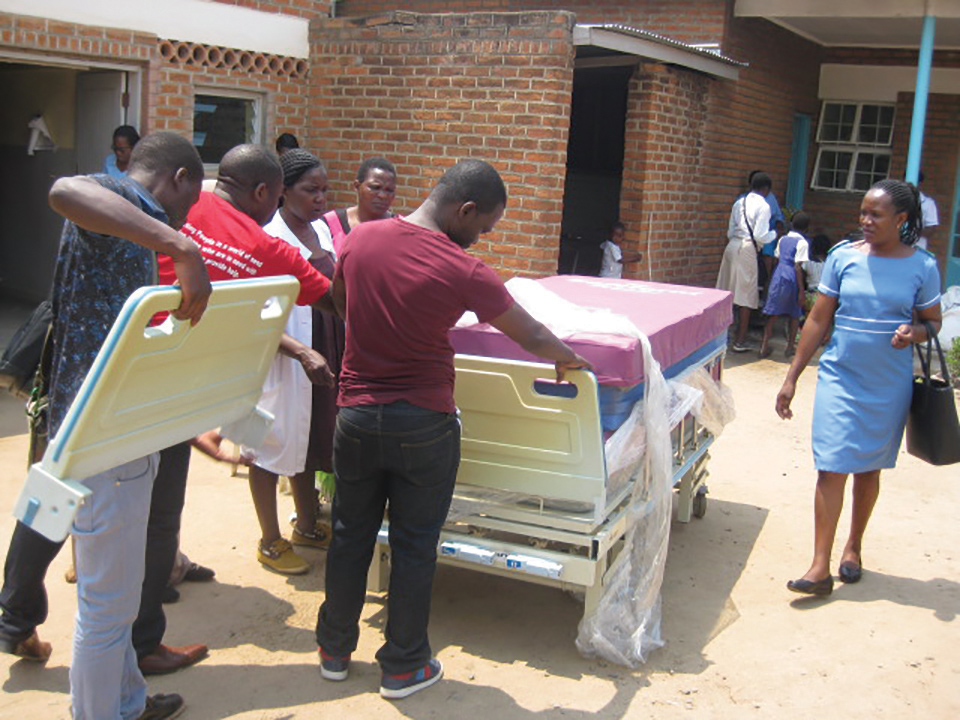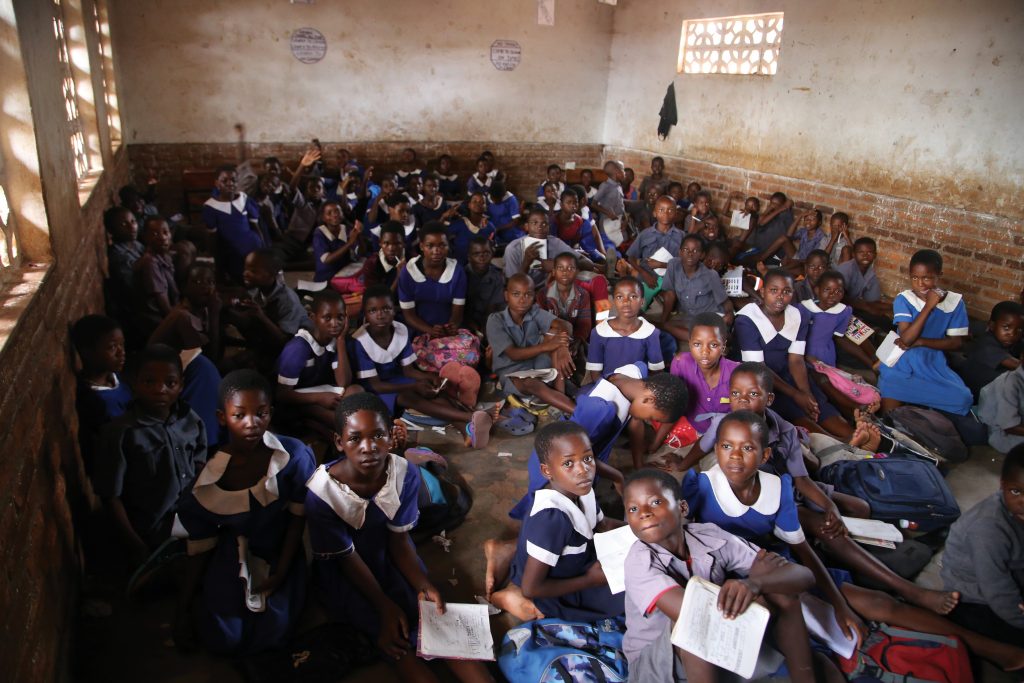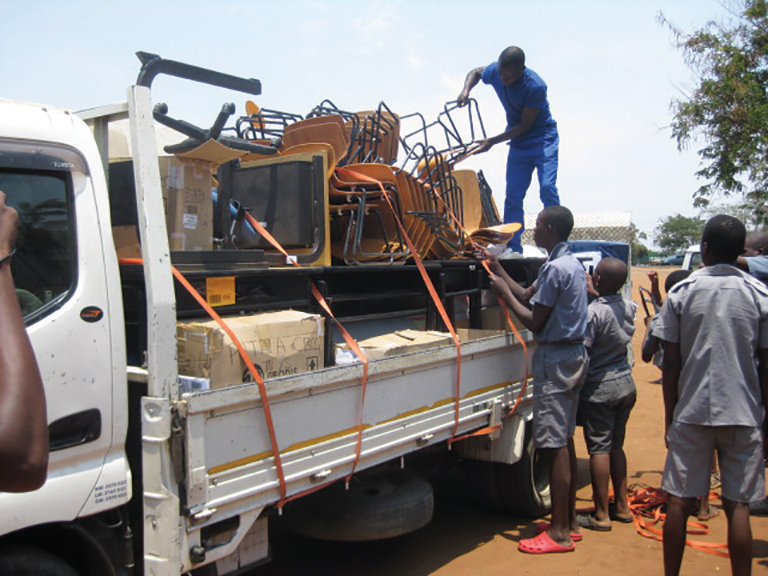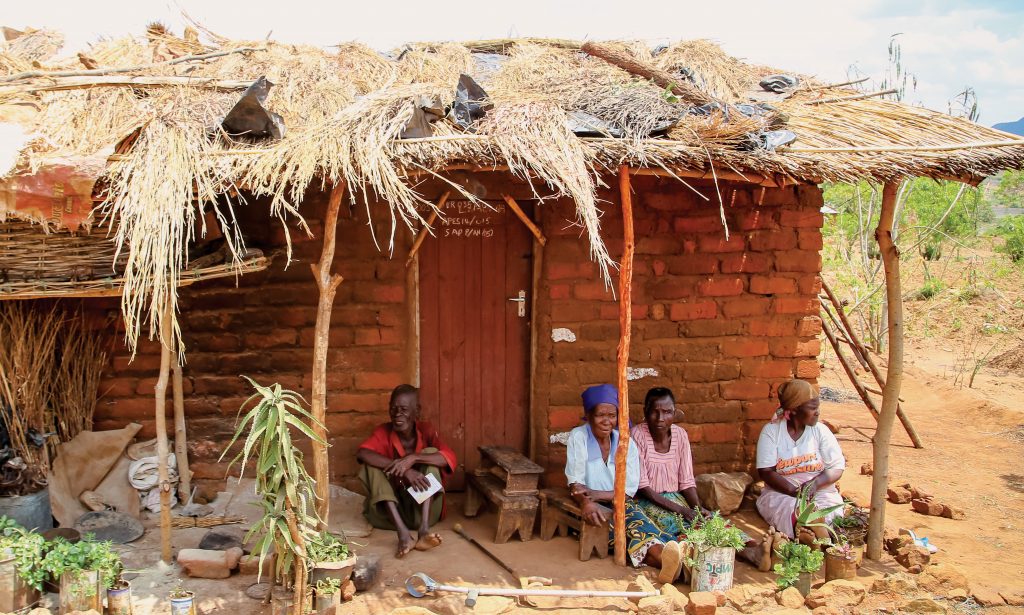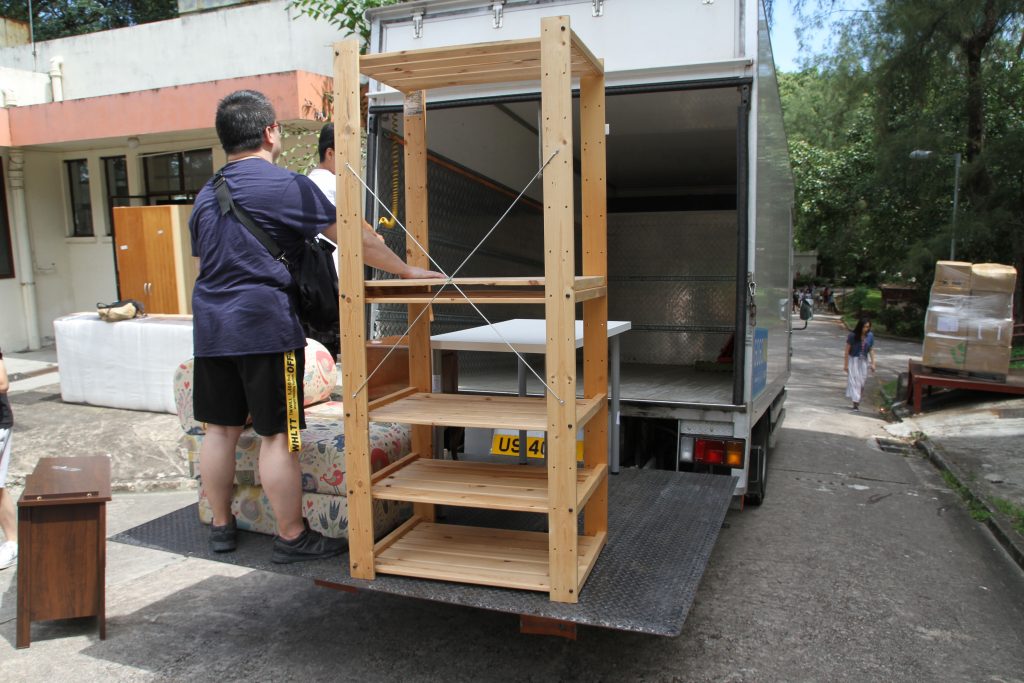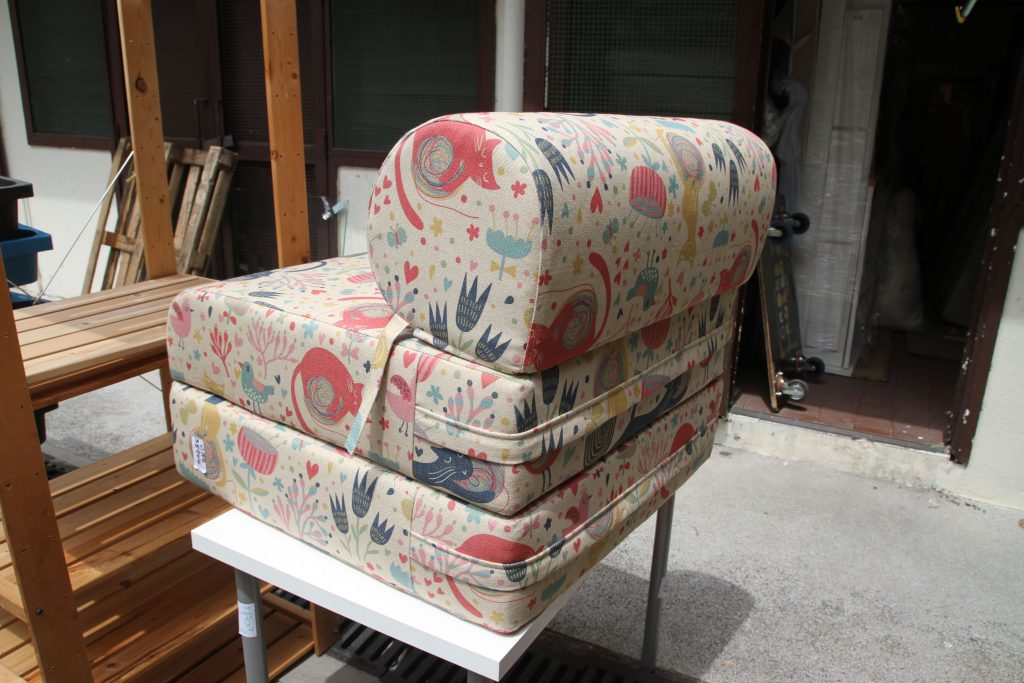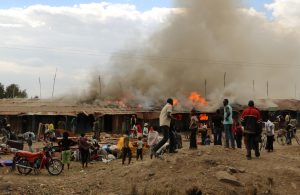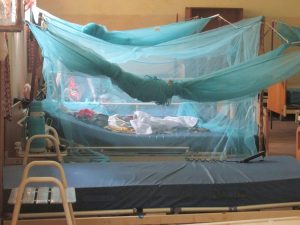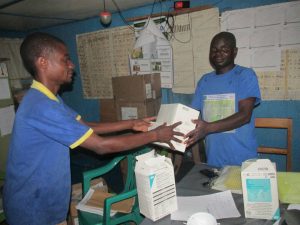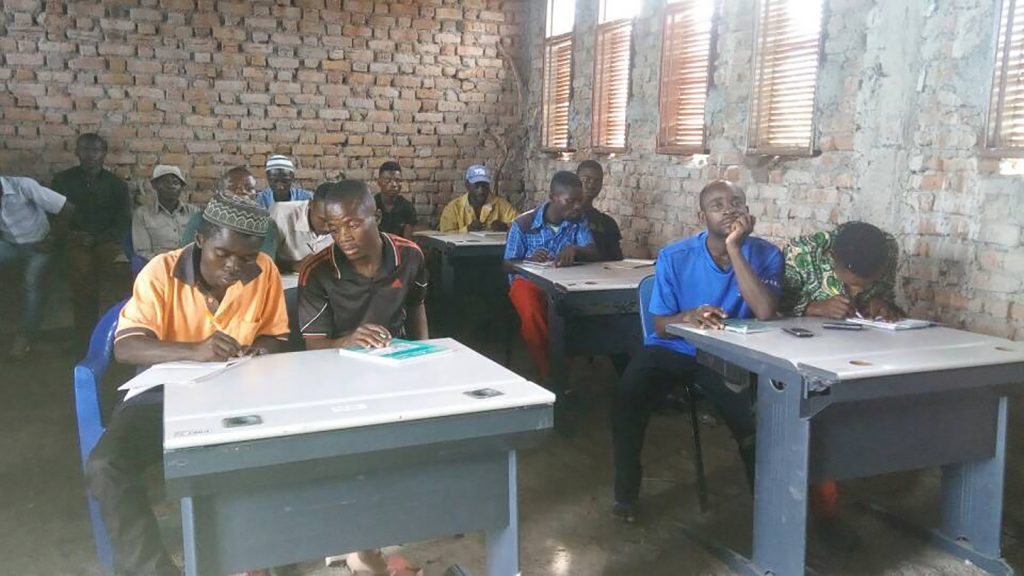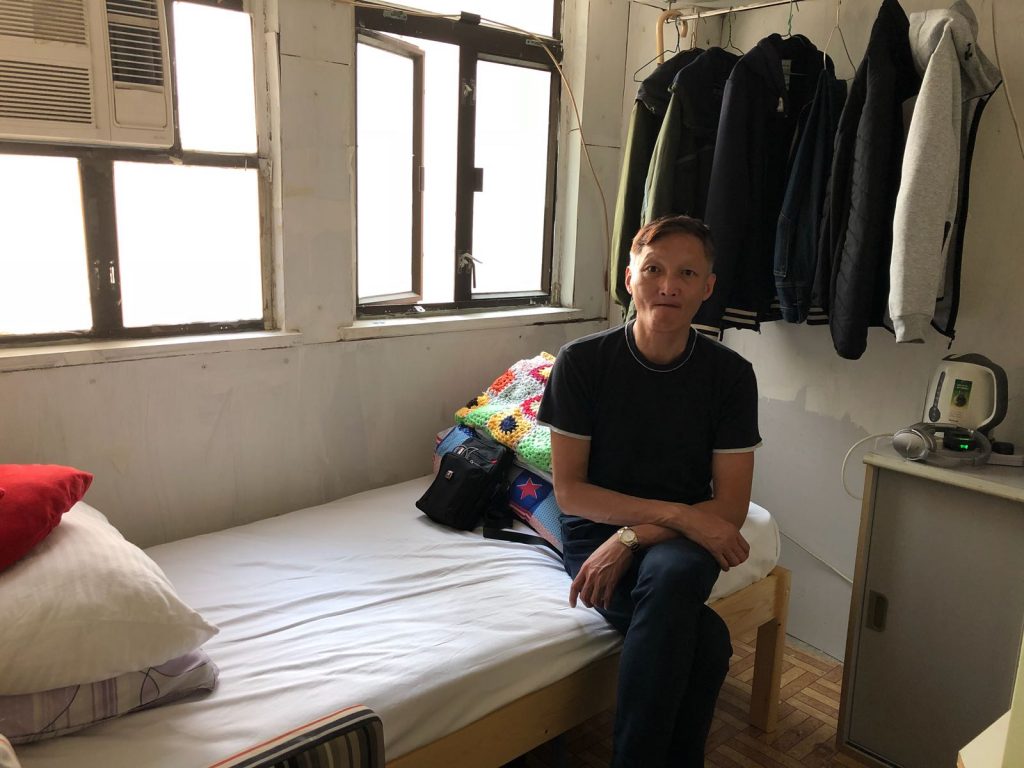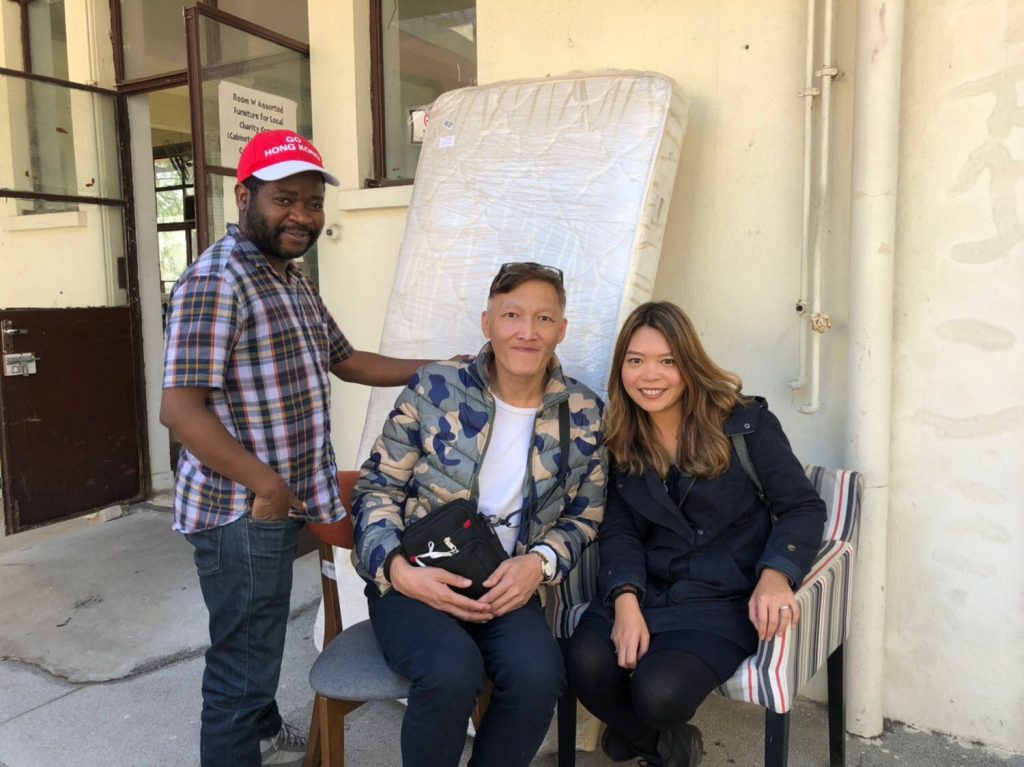While Israel is a developed nation, with high literacy, the gap between rich and poor is significant. The region’s most vulnerable, such as those with disabilities, single-parent families, new immigrants and people injured through terrorism and conflict are often living below the poverty line and struggling to afford the basics of life.
Covid-19 has created even more challenges for those already in poverty in Israel, increasing unemployment and decimating small businesses and day labour jobs that rely on tourism.
Our partners in Israel are acutely aware of the needs around them, and for more than 16 years, they have been supplying humanitarian aid stations all over Israel with needed goods. The projects they serve include new immigrants, the homeless, unemployed people, children’s welfare villages, Holocaust Survivor centres, facilities for the disabled and other institutions.
Crossroads is well-placed to ship containers of valuable aid goods to our partners in Israel, where their channels of distribution are efficient and effective, bringing much-needed relief to thousands each year. They have requested Crossroads’ help with goods like clothing, bedding, toys and household goods for their centres.
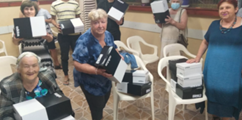
During recent lockdown in Israel due to Covid-19, Crossroads’ partners brought containers of much-needed aid to projects serving people who were already poor, and now struggling further.
One centre in Nazareth who received essentials like furniture, clothing, shoes and bedding, said, “I can’t even express how happy they were, how they hugged these shoes, how it’s very important to them. Some have never received a gift like this in all their life, because it’s very expensive. One guy wanted to kiss the shoes, to put them under his pillow.”
The words show how much it means to those in need to know that there are others who care enough to help.
This shipment will include goods that can bring hope and relief to those living without basic necessities.
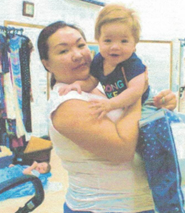
Helping new immigrants battling poverty
Omida, a single mother from Uzbekistan, moved to Israel hoping to escape the poverty she had known all her life, but when she resettled, she found it very difficult to move beyond that poverty. Our partners have helped her with clothing, baby goods and other things to relieve some of the burden on Omida as she seeks to create a better life for her little one. This shipment will include goods to help provide relief and support for single parent families and immigrants like Omida, while they establish a new home.
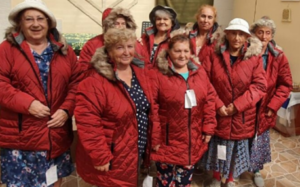
Vulnerable groups like holocaust survivors, elderly, those with disabilities and new immigrant all appreciate the relief that donations of material goods through our partners’ network of centres can bring.
S5679

